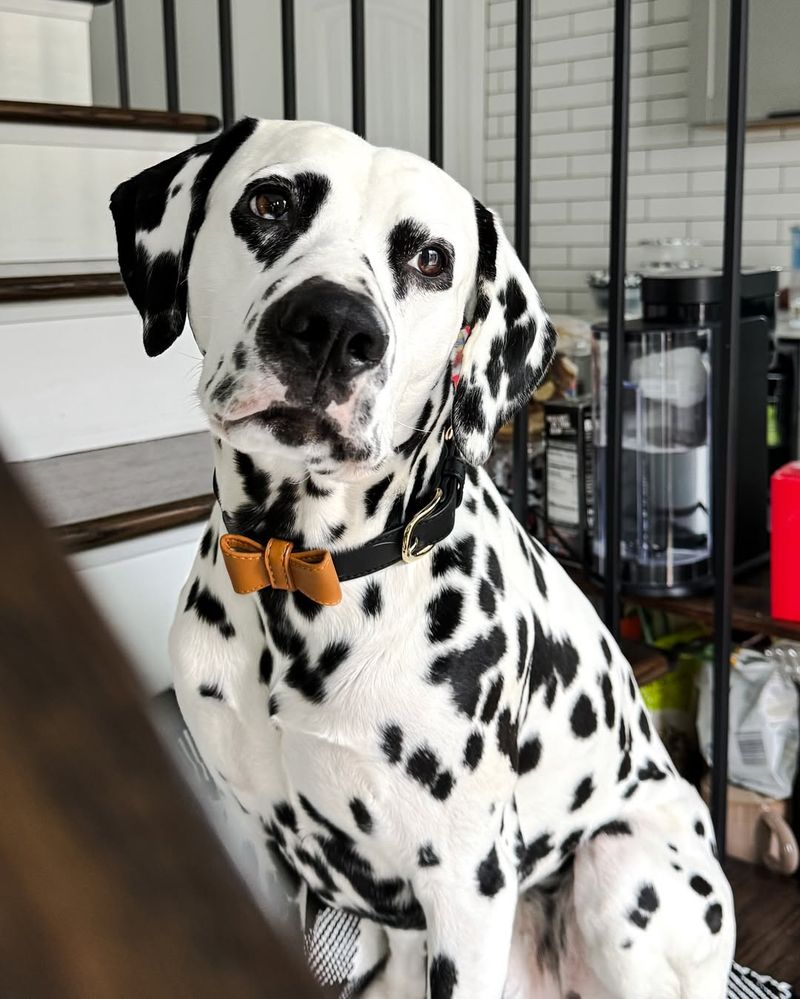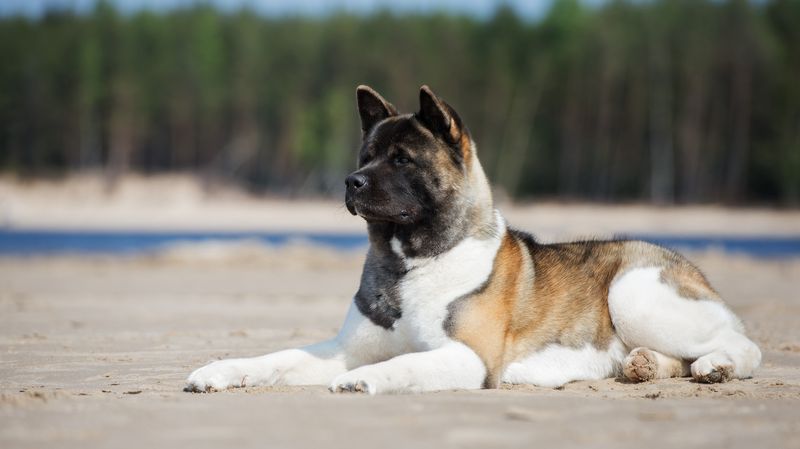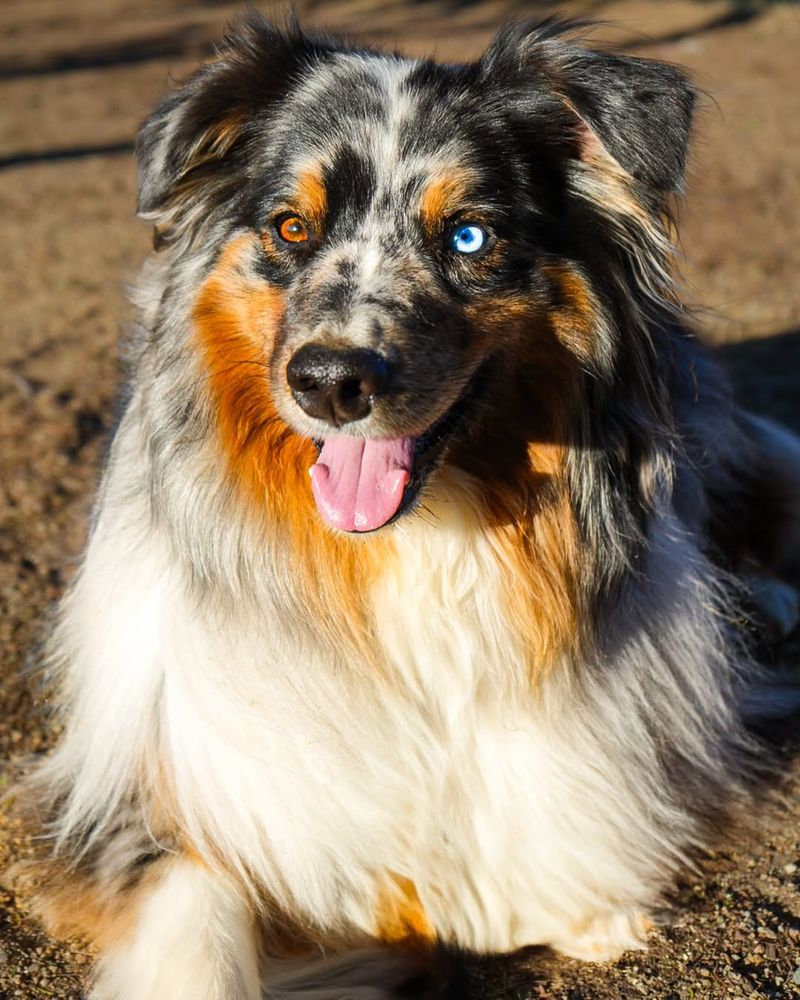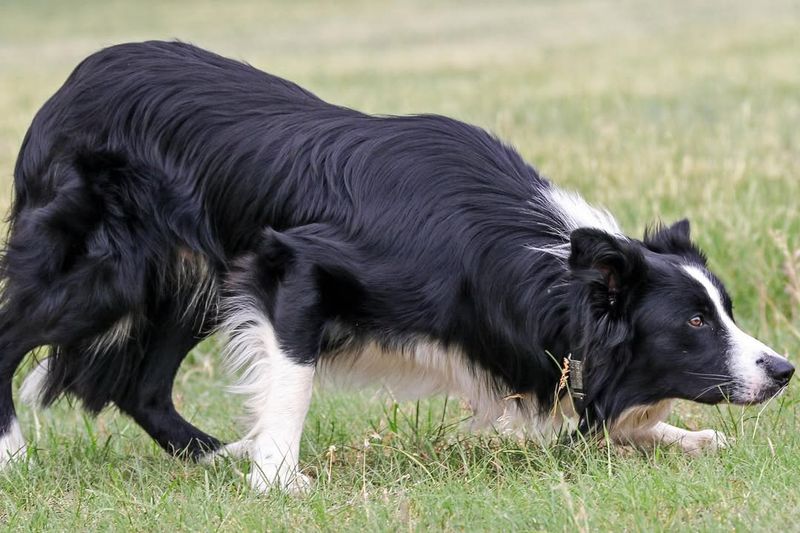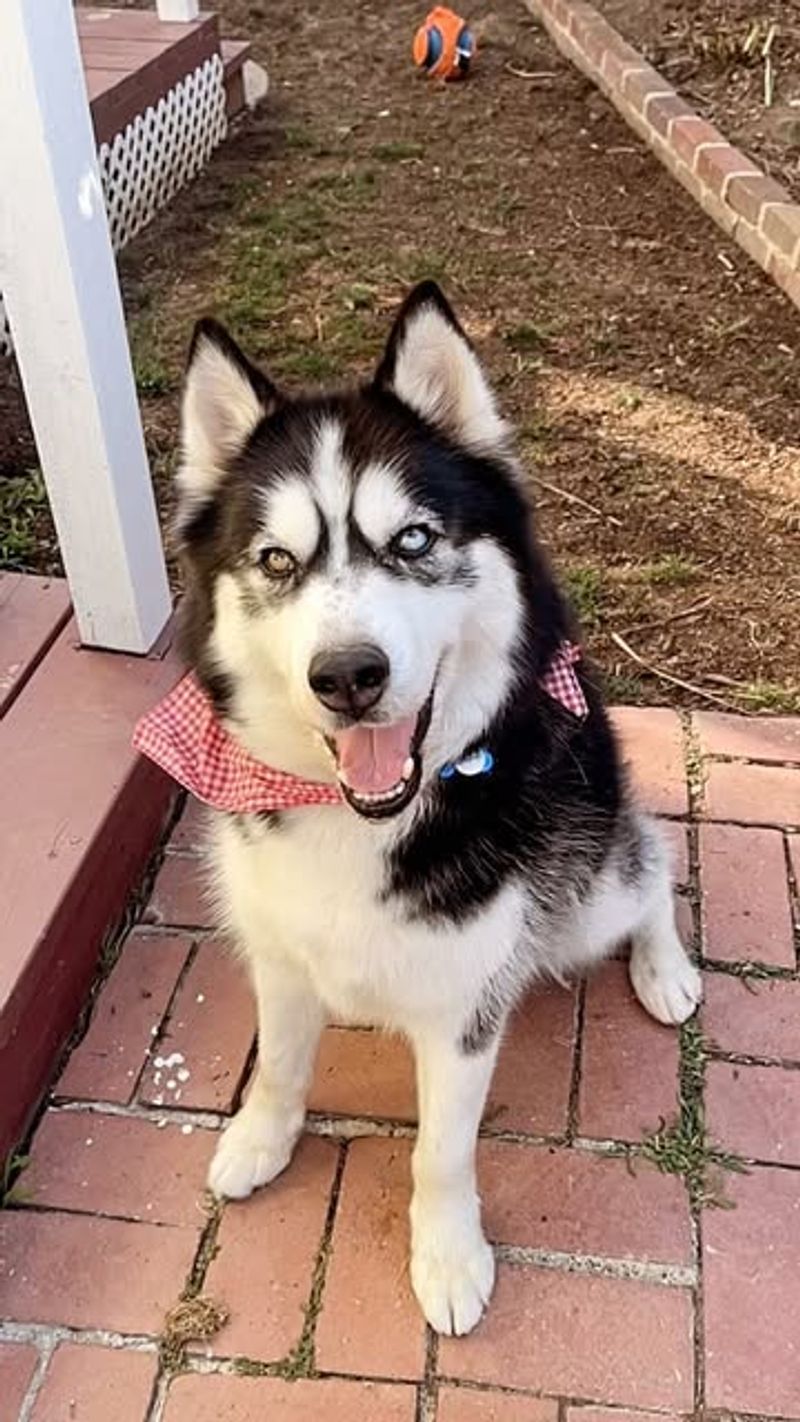Understanding the behavioral challenges faced by different dog breeds can be essential for owners and prospective pet parents. Some breeds are naturally more prone to certain behaviors due to their inherent traits and historical backgrounds. Being aware of these tendencies can help in providing better care and training to our canine companions. This exploration of 12 dog breeds highlights the unique challenges each might present, offering insights into their personalities and needs.
Chihuahua
Chihuahuas, known for their small size and big personalities, often exhibit territorial behavior. They can be quite protective of their owners and homes, which sometimes leads to aggressive tendencies.
It’s important to establish boundaries early on with consistent training. Given their alert nature, they are quick to bark at any unfamiliar sound, making them excellent watchdogs.
However, this trait can be managed through socialization and positive reinforcement, ensuring Chihuahuas become well-rounded companions.
Dalmatian
Dalmatians are full of energy and intelligence, which can sometimes result in mischievous behavior if not properly channeled. They thrive on physical activity and mental stimulation.
Without adequate exercise, they may become destructive or develop anxiety-related behaviors. Daily walks, playtime, and training sessions help manage their energy levels effectively.
Their strong-willed nature means they need a firm yet loving hand in training, ensuring they understand boundaries and expectations.
Jack Russell Terrier
Jack Russell Terriers are known for their intelligence and determination. Their high energy levels often require consistent training and engagement.
They have a strong prey drive, making them prone to chasing smaller animals. This instinct can lead to behavioral challenges if not appropriately managed.
Providing them with plenty of exercise and mental tasks is crucial. Enrichment activities like puzzle toys can keep their minds occupied and reduce undesirable behaviors.
Akita Inu
Akita Inus are known for their loyalty and independence. However, their aloof nature can sometimes translate to stubbornness during training.
They are naturally protective, requiring owners to establish themselves as firm leaders. Early socialization is key to managing their assertive behavior.
Regular interaction with new people and environments helps Akitas become more adaptable and less territorial, ensuring a balanced temperament.
Australian Shepherd
Australian Shepherds are highly intelligent and energetic dogs, renowned for their herding instincts. These traits can lead to behavioral issues if not properly managed.
They require both physical and mental stimulation to stay balanced. Without it, they may resort to herding small children or pets.
Training sessions, agility courses, and interactive games are excellent ways to channel their energy positively, preventing boredom and related challenges.
Beagle
Beagles are curious and friendly dogs with an exceptional sense of smell. Their inquisitive nature often leads them to wander if not supervised.
This breed’s independent streak requires patient training methods, as they can be easily distracted by scents.
Regular exercise and mental challenges are necessary to keep them engaged. Using scent-based games can help satisfy their natural instincts and prevent behavioral issues.
Bulldog
Bulldogs are known for their gentle and laid-back nature, but they can also be stubborn. This stubbornness can manifest during training, requiring patience and consistency.
Despite their calm demeanor, they need regular exercise to prevent obesity and related health issues.
Socialization from a young age helps them become well-adjusted adults, ensuring that their stubborn traits are managed effectively, allowing them to thrive in various environments.
Border Collie
Border Collies are exceptionally intelligent and agile, often excelling in agility and obedience tasks. However, their intelligence demands constant stimulation.
Without enough mental challenges, they may develop destructive behaviors out of boredom. High-energy activities and problem-solving games are essential to their well-being.
Structured training sessions help harness their intelligence positively, ensuring they remain well-behaved and fulfilled.
Shiba Inu
Shiba Inus are known for their spirited and stubborn personalities. They are independent thinkers, which can result in difficulties during training.
Consistency and patience are vital when managing their behavior. Early socialization helps mitigate their aloofness towards strangers.
Engaging them in interactive activities and consistent training sessions can ensure they grow into well-mannered companions, overcoming typical behavioral challenges.
Siberian Husky
Siberian Huskies are renowned for their boundless energy and independence. This combination can lead to challenges if not properly addressed.
They require significant exercise and mental stimulation to prevent boredom-related behaviors. Huskies are also known escape artists, so secure fencing is essential.
Consistent training and engagement in activities that channel their energy can help manage their natural tendencies effectively.
Rottweiler
Rottweilers are loyal and confident dogs, often serving as excellent protectors. However, their strong personalities require careful management.
Training should be consistent, focusing on positive reinforcement to ensure compliance. Socialization from an early age is crucial to prevent overprotectiveness.
Providing them with clear boundaries and structured routines helps maintain balance and manage potential behavioral challenges effectively.
Poodle
Poodles are intelligent and active dogs, often participating in various dog sports. Despite their playful nature, they can become anxious if not mentally stimulated.
Regular training sessions and interactive play are necessary to keep them content. They thrive in environments where they can use their intelligence.
Positive reinforcement and varied activities help prevent anxiety-related behaviors, ensuring Poodles remain happy and well-adjusted pets.


